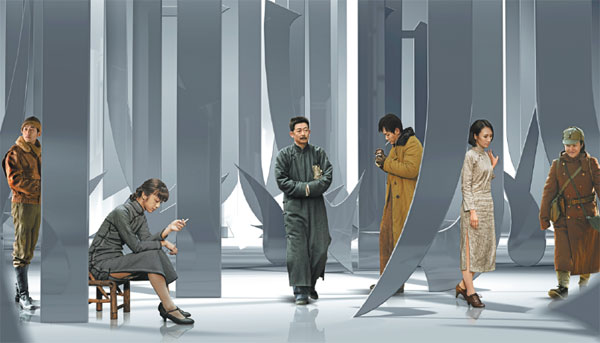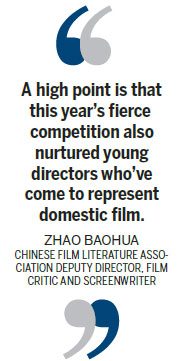Golden year for Chinese cinema
Updated: 2014-12-04 07:13
By Wang Kaihao(China Daily USA)
|
||||||||
|
The poster of The Golden Era displays the art-house film's all-star cast. Photo Provided to China Daily |
China's box-office totals shone brighter than ever in 2014. Wang Kaihao reports.
This year was by many measures the best yet for Chinese cinema, although obstacles are expected alongside opportunities in 2015, insiders say.
Already, 2014 marks the most profitable year for the country's box office, which totaled 25.9 billion yuan ($4.2 billion) by mid-November, compared to 21.7 billion in 2013. Experts expect it to surpass 30 billion yuan by Dec 31, after such domestic blockbusters as The Crossing: Part 1, Gone With The Bullets and The Taking Of Tiger Mountain hit screens this month.
The growth can be traced back to market reform of the film industry initiated in 2003, when box-office income was 890 million yuan.
"This is perhaps the best time ever in China's cinematic history," Chinese Film Literature Association deputy director, film critic and screenwriter Zhao Baohua says. "There was even more competition from Hollywood. But domestic films still held their own."
Foreign films account for about half the box-office income.
Transformers: Age of Extinction remains the highest-grossing film ever in China. At 1.91 billion yuan, China's tickets sales exceeded North America's. So far this year's top-grossing domestic film, Breakup Buddies, earned 1.1 billion yuan.
"A high point is that this year's fierce competition also nurtured young directors who've come to represent domestic film," Zhao says.
He cites writer-turned-director Han Han; Lu Yang, director of Brotherhood of Blades, which many critics call the best Chinese martial arts film in years; and Old Boys: The Way of the Dragon creator Xiao Yang, who won international acclaim for his performance of Little Apple, a song from the film, at last month's American Music Awards.
"Some movies are controversial," Zhao says.
"But their expressiveness has lured people into cinemas. So 2014 has been a hallmark for a new generation of filmmakers."
But there are downsides to the upsurge of Chinese cinema.
"One problem is cinema now tends to cater excessively to audience's preference for entertainment and special effects," says Zhao, who's also a member of the government's film-screening body.
"But cinema is a cultural industry, rather than one of shallow entertainment and flashy effects. Yet some serious and realistic films aren't popular. Filmmakers need to become better storytellers. Censorship is loosening. We're unable to stop people's demand for entertaining relaxation. But it's unclear which direction is good or bad."
Beijing Normal University film professor Zhou Xing applauds the increasing diversity of Chinese films.
"The problem is so many blindly mimic Hollywood," he says.
"It's wrong to transplant Hollywood genres into China merely to win transient commercial success. We must establish a local culture. Creativity is film's lifeblood."
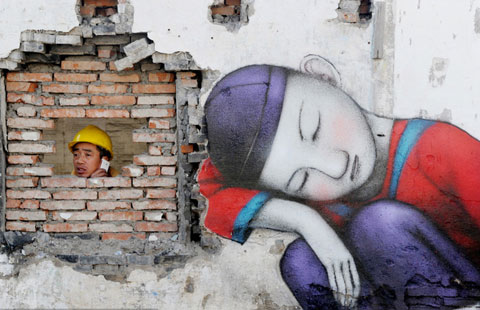
 Last artistic flourish in neighborhood to be demolished
Last artistic flourish in neighborhood to be demolished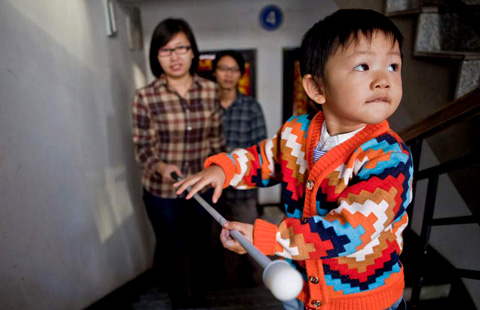
 Parents 'see' through the eyes of their child
Parents 'see' through the eyes of their child
 Carpenter carves armored vehicle from wood
Carpenter carves armored vehicle from wood
 Reclusive old men in the Qinling Mountains
Reclusive old men in the Qinling Mountains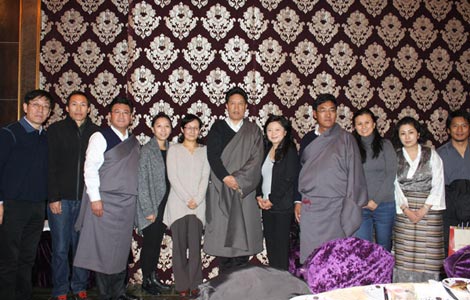
 Greetings from Tibet
Greetings from Tibet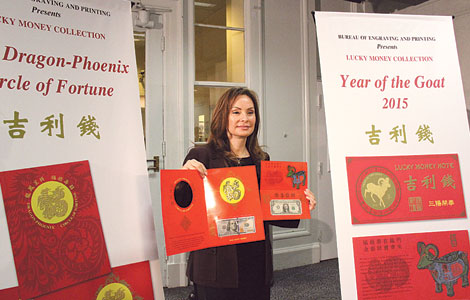
 A buck to the Year of the Goat
A buck to the Year of the Goat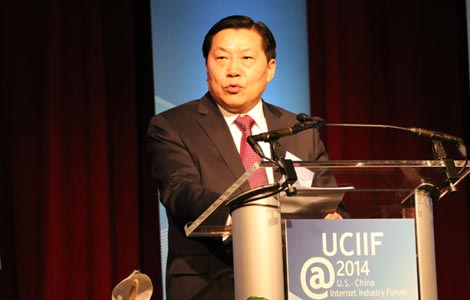
 China-US Internet Forum in DC
China-US Internet Forum in DC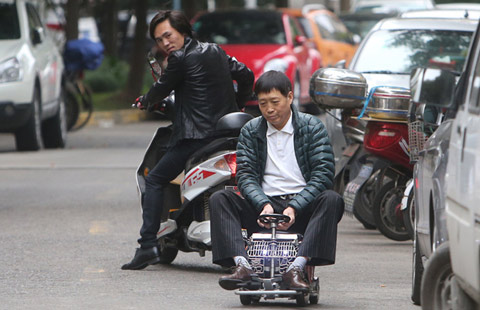
 Shanghai native creates mini car by hand
Shanghai native creates mini car by hand
Most Viewed
Editor's Picks

|

|

|
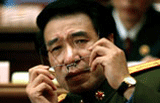
|
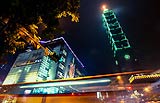
|

|
Today's Top News
Golden year for Chinese cinema
Obama upbeat on future of US-China ties
Opening minds through film
Meet an original Bambi artist, 104
Gay dating app in China gains funding
US startup a good fit for China electronics player
93% of Chinese govt websites have security loopholes: report
2014 likely to be warmest year
US Weekly

|

|
